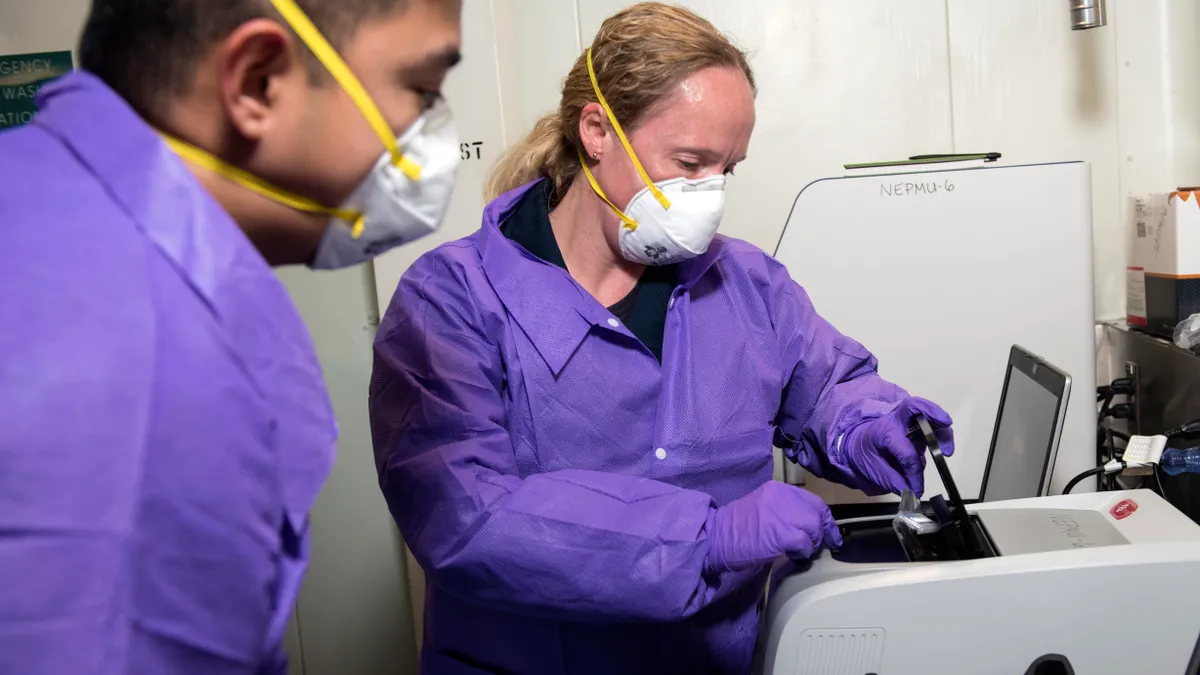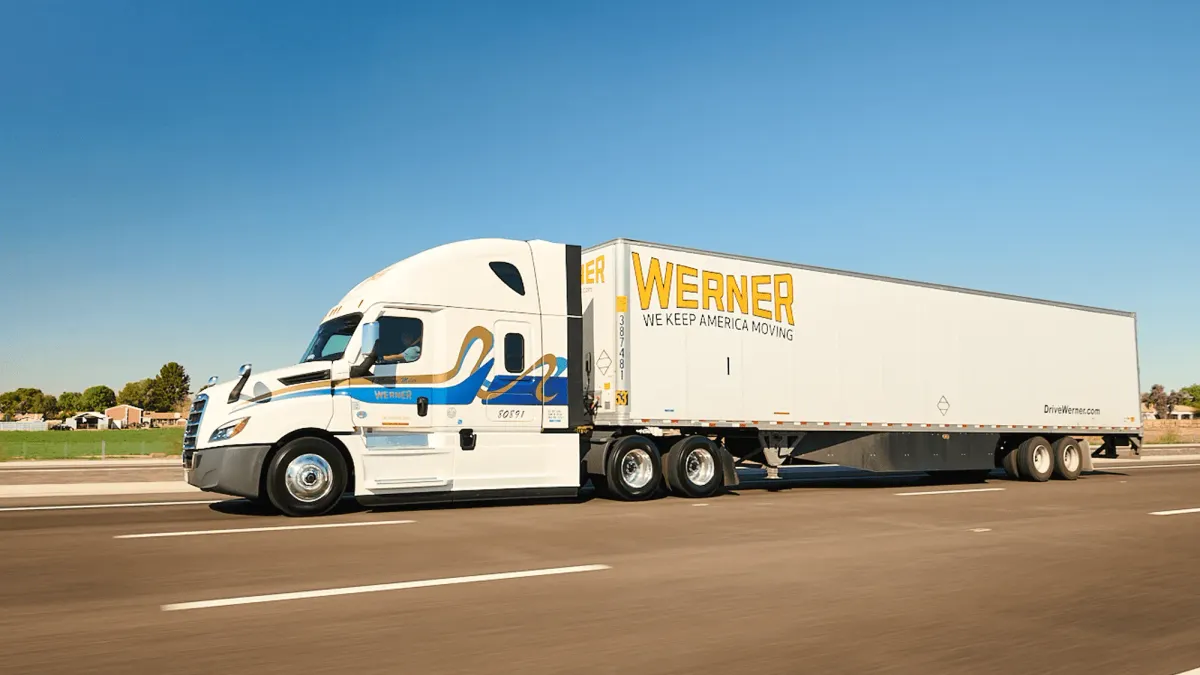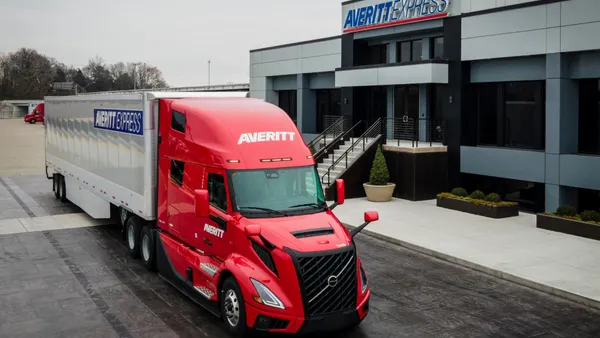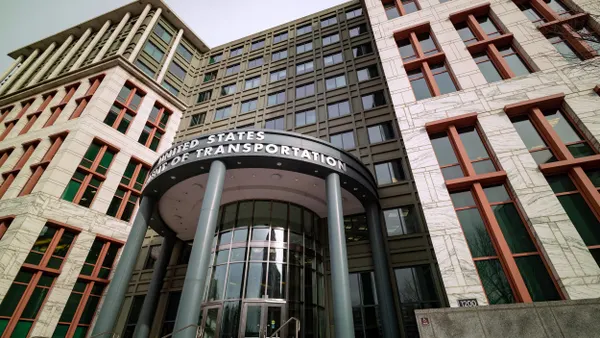Dive Brief:
- More than a quarter of employers surveyed earlier this month by Willis Towers Watson have cut salaries during the COVID-19 pandemic, and most firms that made cuts have not offset them, according to results released June 22. Workforce reductions also are on the rise generally, Willis Towers Watson said in a statement, with one-third of the 543 surveyed organizations reporting layoffs. Another 19% said they are either planning or considering such measures.
- While respondents said they expect a portion of employees who have endured furloughs, salary cuts or reduced hours to return to work and have their pay and hours reinstated, respondents also face several "first-time challenges" to reopening safely, the global advisory firm said.
- Nearly half of respondents identified employee safety as a top priority for reopening, with many planning to rely on employee questionnaires and thermal scanners to screen workers. Respondents also said they've reconfigured physical spaces to promote social distancing, closed common areas and plan to require masks.
Dive Insight:
Many employers have centered the reopening conversation on the health and safety of employees. Communication has been key during the pandemic, with fleets providing their workers with more frequent updates. Leaning on what it has learned the past few months, the trucking industry is bracing for the next phase of the virus, as well as restarting operations.
The Willis Towers Watson survey found that some employers plan to rehire laid off workers by the beginning of next year. But such "reboarding" presents its own set of challenges. Rehiring itself may not repair the eroded trust between an employer and employee caused by a furlough or layoff. And transitioning workers who have been remote back to the office also has its challenges.
"Some employees may be apprehensive about returning to the office for physical health reasons or because they may be struggling with mental health challenges, such as PTSD, anxiety and stress resulting from the crisis," Lori Sargent, VP of human resources at Randstad Sourceright, told Transport Dive's sister publication HR Dive in an email. "Furloughed employees may also be more likely to be seeking other work opportunities and may see their return to work as temporary until they are able to find another role at a different organization."
While fleets may be enjoying stability in driver turnover now, they should not be idle in retention efforts, said Tim Hindes, Stay Metrics' CEO and co-founder. He suggested doubling down on retention efforts now, because when businesses reopen, volumes rise and capacity tightens, drivers have more opportunities to go elsewhere.
Ultimately, employers are likely to follow the lead of local government authorities as they reopen. An April survey by outplacement firm Challenger, Gray & Christmas found 66% of employers said they would make decisions about reopening based on state and local government information, as well as local scientific experts and internal experts. Thirteen percent of respondents said they would follow the federal government's lead.
The latter point is notable given the extensive recommendations for reopening outlined by the Centers for Disease Control and Prevention (CDC). The agency advised employers not to reopen if they have not already implemented several safeguards, including: promotion of hygiene practices like handwashing and wearing a cloth face covering; intensifying procedures for cleaning, disinfection and ventilation; encouraging social distancing; and daily checks of employees' signs and symptoms, among other points.
An OSHA advisory recommends masks be worn in the workplace, although it does not mandate employers provide them. State governments have their own requirements for employers to follow, including those around training employees upon their return. In Vermont, for instance, Gov. Phil Scott issued an executive order requiring employers that decide to reopen during Vermont's state of emergency to have employees complete mandatory health and safety training.
A recent report from Stay Metrics noted, "drivers who felt that their carrier takes a personal interest in their well-being also consistently reported stronger commitment to their carrier ... Drivers want to know about changes that will likely impact their earning potential in advance. Not doing so may result in drivers feeling as though their carrier is not considering their needs and success when making decisions."











